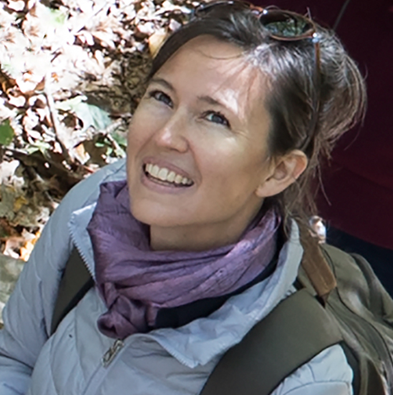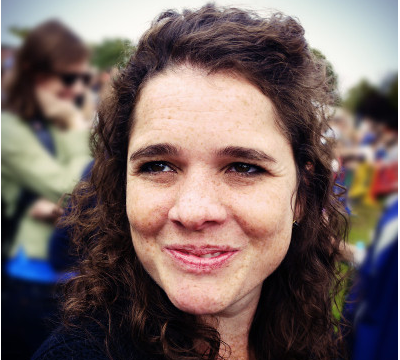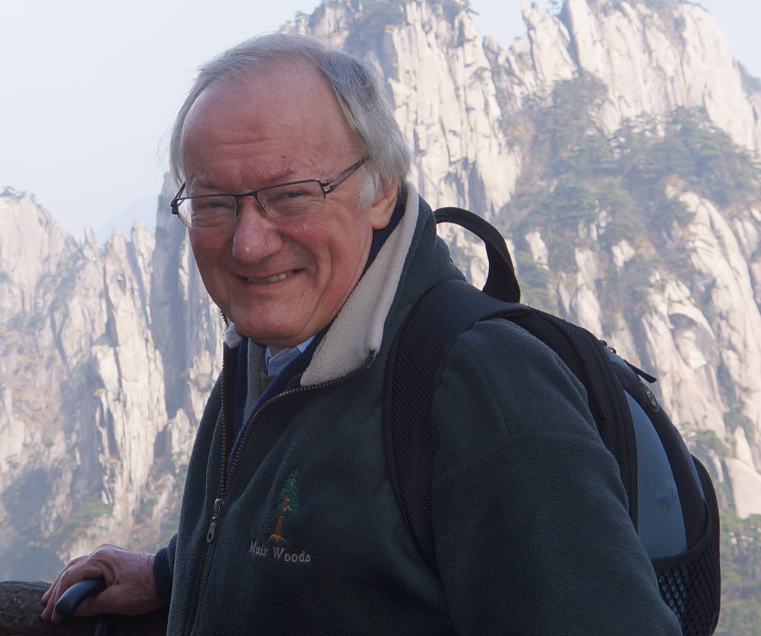DLA Keynote speaker 2019
The conference committee is very pleased to announce the following keynote speakers:
Prof. Dr. Sonja Dümpelmann

Sonja Dümpelmann is a landscape historian and associate professor of landscape architecture at the Harvard University Graduate School of Design. Her scholarship deals with nineteenth- and twentieth-century landscape history and contemporary landscape architecture in the Western world, with a particular focus on the urban environment in Germany, Italy, and the United States. She is the author of Seeing Trees: A History of Street Trees in New York City and Berlin (Yale Univ. Press, 2019), Flights of Imagination: Aviation, Landscape, Design (Univ. of Virginia Press, 2014; 2015 John Brinckerhoff Jackson Book Prize), and a book on the Italian landscape architect Maria Teresa Parpagliolo Shephard (VDG Weimar, 2004). Her edited volumes include A Cultural History of Gardens in the Age of Empire (Bloomsbury, 2013); Women, Modernity, and Landscape Architecture (with John Beardsley; Routledge, 2015); Airport Landscape: Urban Ecologies in the Aerial Age (with Charles Waldheim; GSD, 2016); and Greening the City: Urban Landscapes in the Twentieth Century (with Dorothee Brantz; Univ. of Virginia Press, 2011). She currently serves as Senior Fellow in Garden and Landscape Studies at the Dumbarton Oaks Research Library and Collection, Washington D.C. and is the past president of the Landscape History Chapter of the Society of Architectural Historians. She lectures internationally and was appointed 2015 August-Wilhelm Scheer Visiting Professor at the Technical University Munich.
Prof. Sarah Williams

Data |Action : Build It! Hack it! Share It. We are swimming in data. Our smartphones, Google searches, and Fitbits generate a constant stream of information about our lives; urban infrastructures such as cell phone networks and CCTV capture our daily movements. Like no time before, we can directly measure environmental issues, equity, service provision, public opinion, the effects of physical form, and other issues at a scale and speed previously unimaginable. Not surprisingly, we have entered a period of excitement for using data to improve our collective experience. Build It! Hack It! Share It! will offer a model for reading, collecting, visualizing, and putting data to work on civic change.
Using arresting graphics and influential case studies, as well as incorporating cultural and historical context, Build It! Hack It! Share It! presents a helpful corrective to standard practice: historically data has been used—and manipulated—to make policy decisions without input from the general public. Build It! Hack It! Share It! asks advocates of big data to rethink how they work by laying out a methodology for more transparent and accountable data analysis. The tools outlined in this book will help anyone—not just government officials but data scientists, civic activists and hackers, as well as all citizens—reaching for more effective civic debates and policy reforms to shape our environment, economy, public health, and quality of life, with greater transparency and democratic participation.
Biography of Sarah Williams
Prof. Kathryn Moore

Prof. Michael Batty

Michael Batty is Bartlett Professor of Planning at University College London where he is Chair of the Centre for Advanced Spatial Analysis (CASA). He has worked on computer models of cities and their visualisation since the 1970s and has published several books, such as Cities and Complexity (MIT Press, 2005) and The New Science of Cities (MIT Press, 2013). His most recent book Inventing Future Cities will be published by MIT Press in late 2018. His blog www.complexcity.info covers the science underpinning the technology of cities and his posts and lectures on big data and smart cities are at www.spatialcomplexity.info. Prior to his current position, he was Professor of City Planning and Dean of the School of Environmental Design at the University of Wales at Cardiff from 1979 to 1990 and then Director of the National Center for Geographic Information and Analysis at the State University of New York at Buffalo from 1990 to 1995. He is a Fellow of the British Academy (FBA) and the Royal Society (FRS), was awarded the CBE in the Queen’s Birthday Honours in 2004 and the 2013 recipient of the Lauréat Prix International de Géographie Vautrin Lud. In 2015 he received the Gold Medal of the Royal Geographical Society for his work on the science of cities. In 2016, he received the Senior Scholar Award of the Complex Systems Society and the Gold Medal of the Royal Town Planning Institute.
Prof. Dr. Carl Steinitz

My presentation Landscape Architecture from Analog to Digital: A Personal Perspective will trace the development of today’s digital landscape architecture from the analog methods in the beginning of the 20th Century. It will focus on methods directed at the strategic decisions in the beginning design stages of larger projects involving significant landscape change.
DLA | Digital Landscape Architecture
